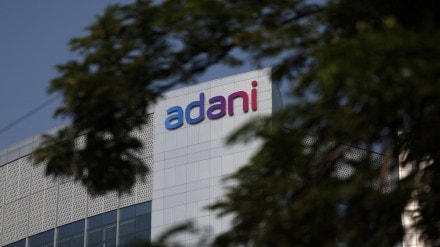Adani Group on Friday announced it will invest over Rs 1 lakh crore in various projects, including in the joint venture data centre with Google in Andhra Pradesh, over the next decade.
“We have already invested around Rs 40,000 crore across ports, logistics, cement, infrastructure and renewable energy. Over the next ten years we are planning to invest Rs 1 lakh crore in ports, cement, data centres and energy business,” said Karan Adani, managing director of Adani Ports & SEZ at Andhra Pradesh Investor Summit.
The Group also aims to build one of the world’s largest green-powered hyperscale data-centre ecosystems in partnership with Google under its $15-billion Vizag Tech Park vision. This will be Google’s largest such hub outside the US.
Google and Adani will invest $15 billion over the next five years to develop a data centre hub in Vizag. The hub will include a purpose-built, gigawatt-scale campus.
“The flagship of our commitment is the Vizag tech park. We are building one of the world’s largest centres in partnership with Google. This is a combined vision of sustainable and hi-tech growth. Our operations created several direct and indirect jobs. We will match your skill, scale and spirit. We commit to become the largest investor in Andhra Pradesh’s bright future,” he said.
AdaniConneX, a joint venture between the Adani Group and data center operator EdgeConneX, will undertake the project, supported by a subsea cable network and powered by renewable energy. The Group will also build new transmission lines, generate renewable power, and build energy storage systems in the state.
Your mantra of ‘Speed of Doing Business’ is not just a slogan, it is a lived experience for investors like us,” Adani said, referring to the state’s political leadership. “As India marches toward Viksit Bharat 2047, and Andhra Pradesh advances toward Swarna Andhra 2047, I fundamentally believe that the road to a developed India runs through the heart of Andhra Pradesh,” he added.
India is working to expand its renewable energy portfolio with a target of 500 GW of non-fossil fuel capacity by 2030.
